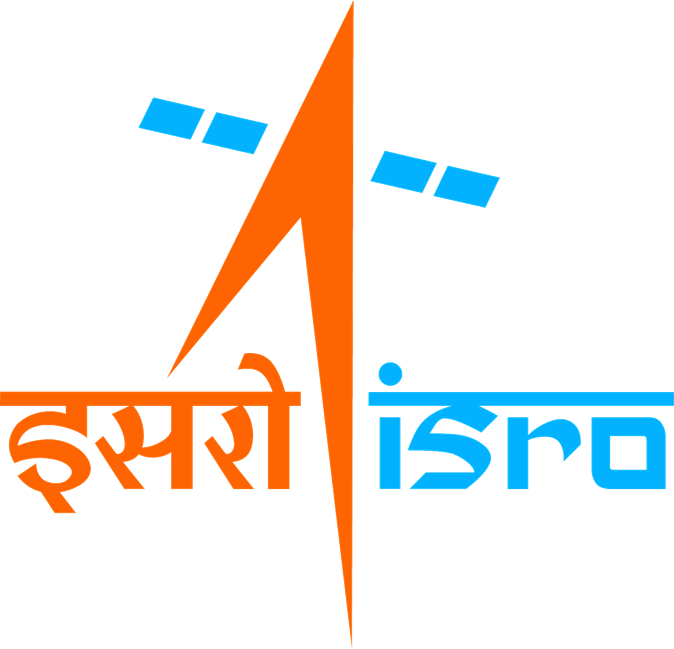
13th MOOC on “Earth Observation for Climate Action”
Training provider: CSSTEAP & ISRO
Duration: 10th February 2025 to 28th February 2025
Description:UN Austria post symposium tutorial – MOOC on “Earth Observation for Climate Action” Dates during which the programme will be available for the participants will be between 10th February 2025 to 28 February 2025. The course will have 14 lectures on different aspects of “EO for Climate Action” and 07 demonstrations on tools techniques and web portals. The participants will be able to attend the lectures through the Learning Management System of Indian Institute of Remote Sensing, ISRO and on completion of the lectures as provided in the sequence, will be eligible for an online quiz/examination. On successfully passing the online examination, the participants will be eligible for certificate which will be sent to their emails through which the will register. The programme is open to all. However only those who successfully complete the course and pass the examination will be eligible for the certificate.
Objective:By the end of this training attendees will be able to: Understand the role of Earth Observation platforms and sensors in climate monitoring and modelling. They will also be able to have an understanding of the various challenges due to climate change and how EO can play an important role in their monitoring and scientific understanding of the process.
Format : Massive Open Online Course (MOOC)
Date and time : In UTC and CEST: (Open)
Language : English
Prerequisites : Graduate Students
Target participants of the course : Researchers, Academia, Students and Professionals
| Date | Lecture (Timing:1000 Hrs (IST)) | Faculty |
|---|---|---|
| L1: Climate Change: Concepts and Issues | Ramanna M.V.(NRSC) | |
| L2: Overview on IPCC-AR6 | Arijit Roy (IIRS) | |
| P1: Bhuvan web portal | S. Shadab (NRSC) | |
| L3: EO systems for climate change studies | Rajashree Bothale (NRSC) | |
| L4: Remote Sensing of greenhouse gasses | Raghavendra Pratap Singh (IIRS) | |
| P2: Bhoonidhi web portal | Anupama (NRSC) | |
| L5: Climate change and disasters using EO | Durga Rao (NRSC) | |
| L6: Application of EO data in climate models | Prashant Kumar (SAC) | |
| P3: Meteorological & Oceanographic Satellite Data Archival Centre (MOSDAC) web portal | Shri.Leo Jackson, ISTRAC | |
| L7: EO for estimation of carbon emission | Rabindra Nayak (SAC) | |
| P4: National Information system for Climate and Environment Studies (NICES) climate data web portal | C. Jayshree (NRSC) | |
| L8: Geospatial technology for food security | Rahul Nigam (SAC) | |
| P5: Visualisation of Earth Observation Data and Archival System (VEDAS) web-portal | Shweta Mishra (SAC) | |
| L9: Impact of climate change on Oceans | Suchandra A Bhowmick (SAC) | |
| P6: Demonstration on using Google Earth Engine (GEE) | Kamal Pandey (IIRS) | |
| L10: Climate change impact on Cryosphere | Sushil Singh (SAC) | |
| P7: Estimation of temporal temperature and precipitation data using GEE | Arijit Roy (IIRS) | |
| L11: Role of EO for water security in changing climatic regime | P. V. Raju (NRSC) | |
| P8: Temporal burnt area assessment using GEE | Arijit Roy (IIRS) | |
| L12: Adaptation, mitigation and climate risk | S. P. Aggarwal (NESAC) | |
| P9: Species niche modelling for climate change | Arijit Roy (IIRS) | |
| L13: EO and climate action for Sustainable Development Goals | Shirish Ravan |
Available Courses
organized by

Indian Space Research Organisation (ISRO)
- Online Registration
- Registration Start - O4th February 2025.
- Registration End - 20th February 2025 till 1700 Hrs (IST).
- Course Brochure
- Course Guideline:English
- Course Schedule

